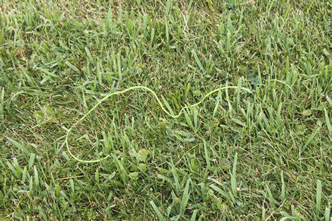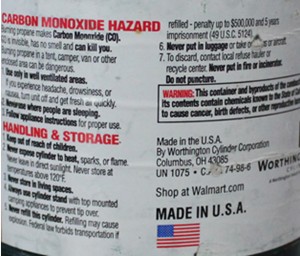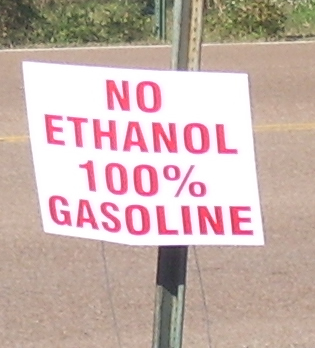http://www.StartALawnCareBusiness.com
Has this happened to you? You are almost finished with your last yard of the day. Your grass mowing has gone well, the the lawn looks great, and you are making good time. A bit of weedeating is all that is required to leave your customer with a professionally maintained stand of grass before you get paid a lot of money and head home. Then, just as you tap the weedeater’s bump knob to advance the weedeater line a few more inches, the spool empties its last few inches and flings the last section of line somewhere onto your customer’s lawn.
Argh! You thought you had enough line to finish but now you need to run back to your truck (the line always runs out at the very back corner of the property) and rewind a spool. Your great time on this lawn is shot as you know you are going to spend 10 frustrating minutes rewinding the spool after you drop it on the ground and the tight line unravels as you try to place it back into the spool holder on the weedeater.
Finally, you finish your trimming, blow grass off the walkway & patio, and collect your money from your customer. The grass looks great and you are proud of your work and the money you made. “Ahhh…another satisfied customer.”
NOT SO FAST!!!!!!
Before you make it home, your customer calls to complain about the sloppy job you did on the lawn. You’re taken aback because you thought the job went well and the lawn mowing was done to perfection. It takes you a minute to realize what the customer is complaining about but then it hits you:
“Arghhhh….that pesky weedeater line.” When the last bit of weedeater line flew out of the weedeater you neglected to retrieve it from your customer’s lawn. Now, instead of leaving your customer completely satisfied, you return to the customer’s lawn, with apologies, and collect the last bit of line.
When running a lawn care business, it pays to be hypervigilant and give your lawns a once-over before ending the job. And, for goodness sake, pick up your weedeater line.
If you are looking for tips on running a MORE PROFESSIONAL lawn care business and making MORE MONEY, check out our lawn care business course. The guidebooks, training videos, and estimating software are designed to help you make your business a success.
We have the “Start A Lawn Care Business” course on sale right now through our main website:
http://www.StartALawnCareBusiness.com
Start A Lawn Care Business


